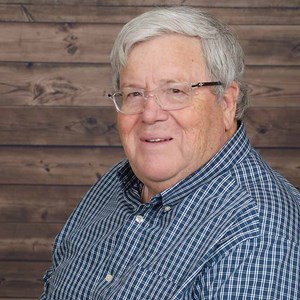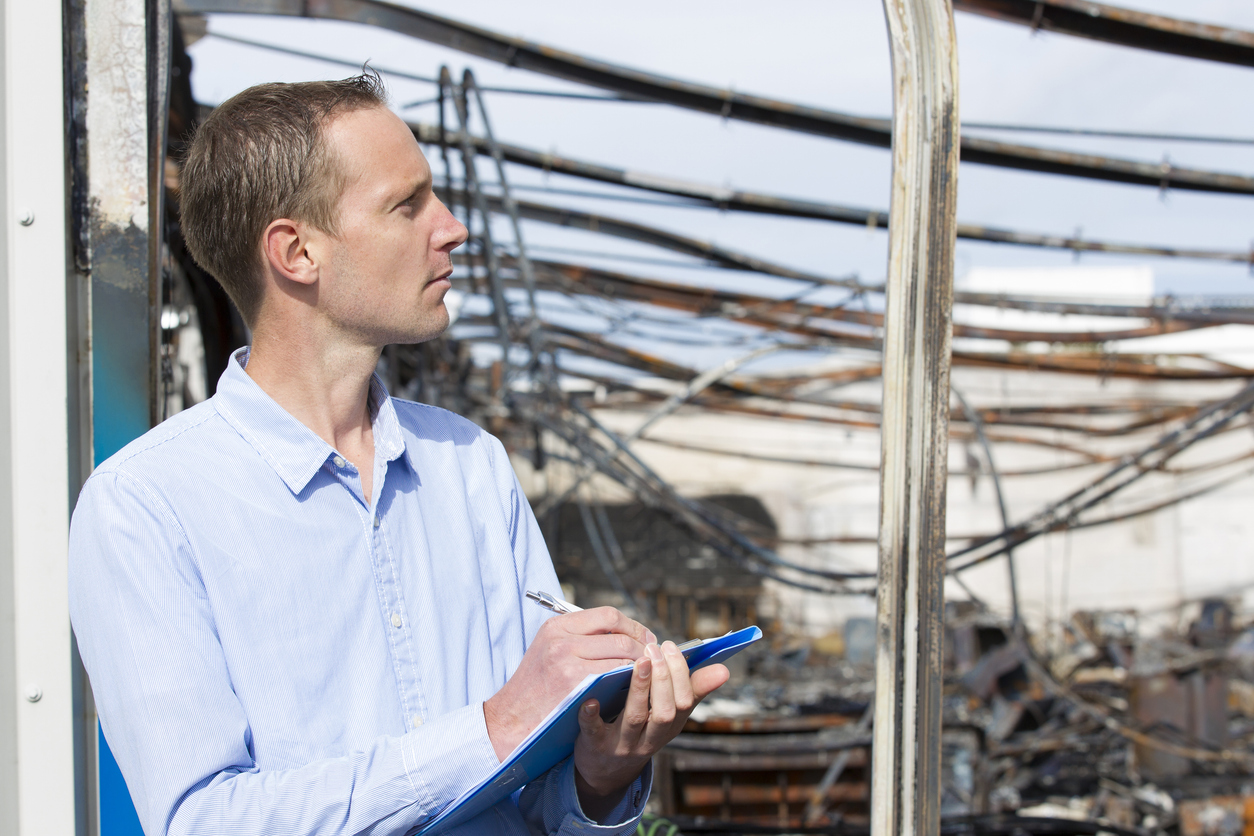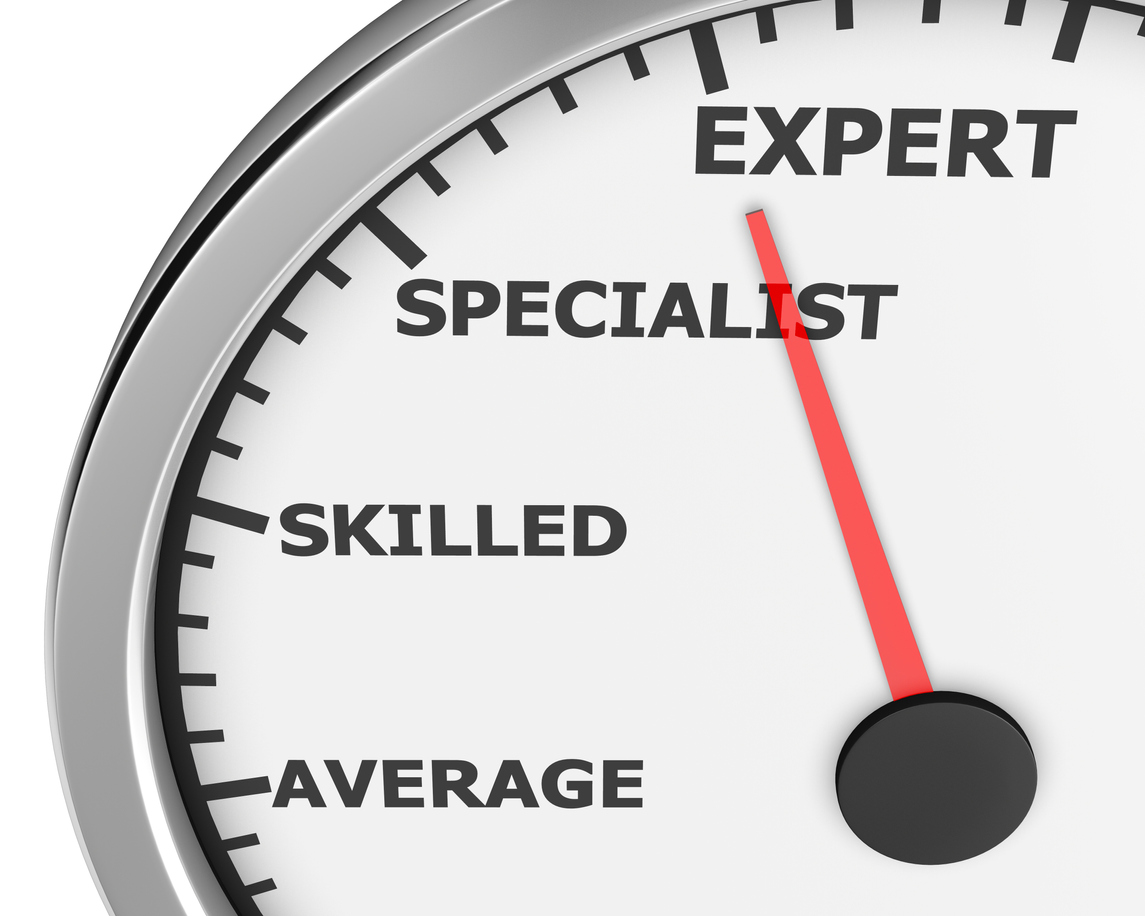Public Insurance Adjusters often have backgrounds and expertise in fields other than insurance claim adjustment. Their skill may include experience or expertise in accounting, construction, roofing, engineering, and estimating, in addition to insurance adjusting. Public adjusters are often involved in claims from day one of the loss, or early in the adjusting and investigation claims process. In many cases, the public adjuster has developed the claim, gathered evidence and financial documentation, and compiled a file of materials essential to the lawyer if the insured’s claim requires litigation against the insurer. For these reasons, public adjusters should always be aware of the basis for their findings and conclusions, and retain documentation that supports these findings and conclusions.
A public adjuster’s experience and expertise is certainly an asset in assisting the insured and in building the insured’s case against an insurer that has unreasonably delayed or denied payment of covered benefits. Therefore, a public adjuster’s expertise must be thoroughly considered by a lawyer when it comes time for designation of experts. If a public adjuster or the public adjuster’s company was involved in appraisal, accounting, calculation of business interruption, calculation of actual cash value or replacement cost value, or valuation of personal property, a lawyer may want or need the public adjuster to give an opinion during deposition or at trial. Lawyers must determine whether an adjuster’s opinions are lay or expert opinion testimony, and this determination is crucial at the time the insured is required to designate experts.
Federal Rule of Evidence 701 provides that a witness who is not testifying as an expert may offer opinions or inferences that are: (a) rationally based on the perception of the witness, (b) helpful to a clear understanding of the witness’ testimony or the determination of a fact in issue, and (c) not based on scientific, technical, or other specialized knowledge within the scope of Rule 702. Lay opinion testimony often takes the form of a summary of first-hand sensory observations. Asplundh Mfg. Div., a Div. of Asplundh Tree Expert Co. v. Benton Harbor Eng., 57 F.3d 1190, 1200 (3d Cir. 1995).
Rule 701 was amended in 2000 "to ensure [ ] that a party will not evade the expert witness disclosure requirements set forth in Federal Rules of Civil Procedure 26 and Federal Rules of Criminal Procedure 16 by simply calling an expert witness in the guise of a layperson." Advisory Committee Notes, 2000 Amendments to Rule 701. Rule 701 prevents lay witnesses from giving opinions regarding scientific, technical or other specialized knowledge within the scope of Federal Rule of Evidence 702. Lay opinion testimony is not to provide specialized explanations or interpretations that an untrained layman could not make if perceiving the same acts or events. U.S. v. Conn, 297 F.3d 548, 554 (7th Cir. 2002); Liquid Dynamics Com. v. Vaughan Co., Inc., 2004 WL 2260626, *3 (N.D. Ill. 2004).
If a public adjuster will be giving expert opinion testimony (i.e., opinions based on scientific, technical, or other specialized knowledge), Federal Rule of Evidence 702 applies, and the public adjuster must be properly designated as an expert. Federal Rule of Civil Procedure 26(a)(2) requires that, "a party shall disclose to other parties the identity of any person who may be used at trial to present evidence under Rules 702, 703, or 705" of the Federal Rules of Evidence.
PRACTICE POINTER:
Cover your bases– If it is difficult to determine whether opinion testimony is lay or expert opinion, designate the individual as an expert and indicate in the disclosures that the witness may provide both lay opinion and expert opinion testimony. By disclosing all opinions at the time of expert witness designation and disclosure, opposing parties are prevented from objecting to admissibility of the opinion testimony based on Rules 701 or 702.
Public adjusters must always be aware that their files and communications are discoverable and will be examined in litigation to determine if the file contains sufficient basis for any opinions (lay or expert) given at depositions or trial. Public adjusters with numerous areas of expertise will likely want to keep an up-to-date resume and list of certifications, continuing education, and licensures in the event litigation requires expert opinion testimony.



